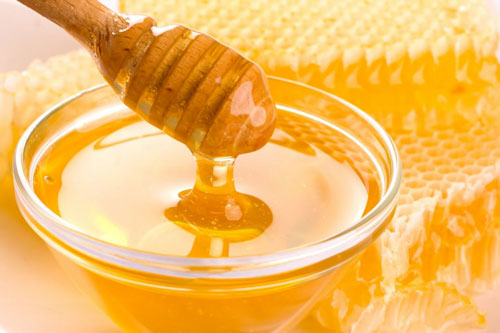A recent review and meta-analysis asks whether honey is an effective treatment for a cough and other symptoms of upper respiratory tract infections. Overall, the authors conclude, honey is “superior to usual care for the improvement of symptoms.” However, because data are sparse, questions remain.
Upper respiratory tract infections (URTIs), including the common cold, are highly prevalent. However, the majority of URTIs are viral, and antibiotics, therefore, cannot help. The rhinovirus alone accounts for an estimated 80% of all respiratory infections during peak seasons.
In the era of antibiotic resistance, a lack of effective treatments for URTIs is a pressing concern. The World Health Organization (WHO) consider antibiotic resistance to be “one of the biggest threats to global health, food security, and development today.” For this reason, there is an urgent need for alternative approaches to these and other infections.
The common cold is far from life-threatening, but treating it successfully could hinder the “slow-motion pandemic” of antibiotic resistance. While enduring a cough or cold, many people seek solace in honey.
Although this treatment is popular, scientific evidence of its effectiveness is largely lacking.
The recent systematic review and meta-analysis attempts to fill this gap in research. To put honey through its paces, the team delved into existing findings. They selected relevant studies that involved humans of any age and in any setting. All of the included studies compared honey with at least one other intervention: no treatment, usual care, or a placebo.
In their analysis, the authors defined URTIs as “acute infections of the respiratory tract, including acute cough, colds, and influenza-like illness, but excluding bronchitis or other infections of the lower respiratory tract.”
In all, the search for papers yielded only 14 relevant studies; of the 14, data from just 12 studies could be combined in a meta-analysis. Alongside the scientists’ data analysis, they also assessed each study’s risk of bias.
The results of the meta-analysis were generally positive but by no means conclusive. When attempting to assess the effects of honey versus a placebo, the authors write: “Two of the three studies comparing honey with placebo indicated a beneficial effect of honey, but overall, we do not have a strong evidence base from comparisons of honey against matched placebo.”
However, when honey was compared with usual care, the results were slightly clearer.









